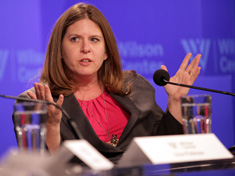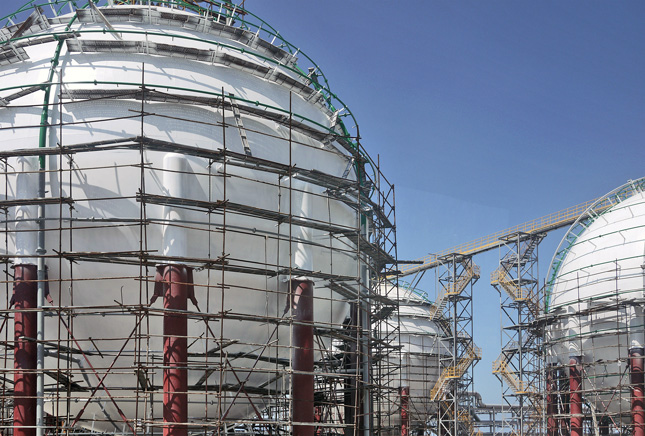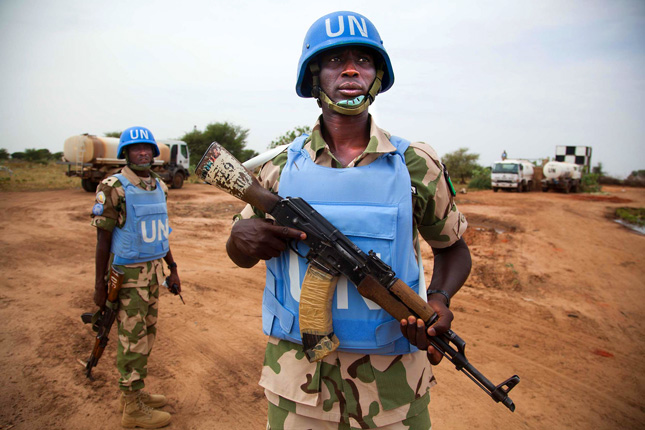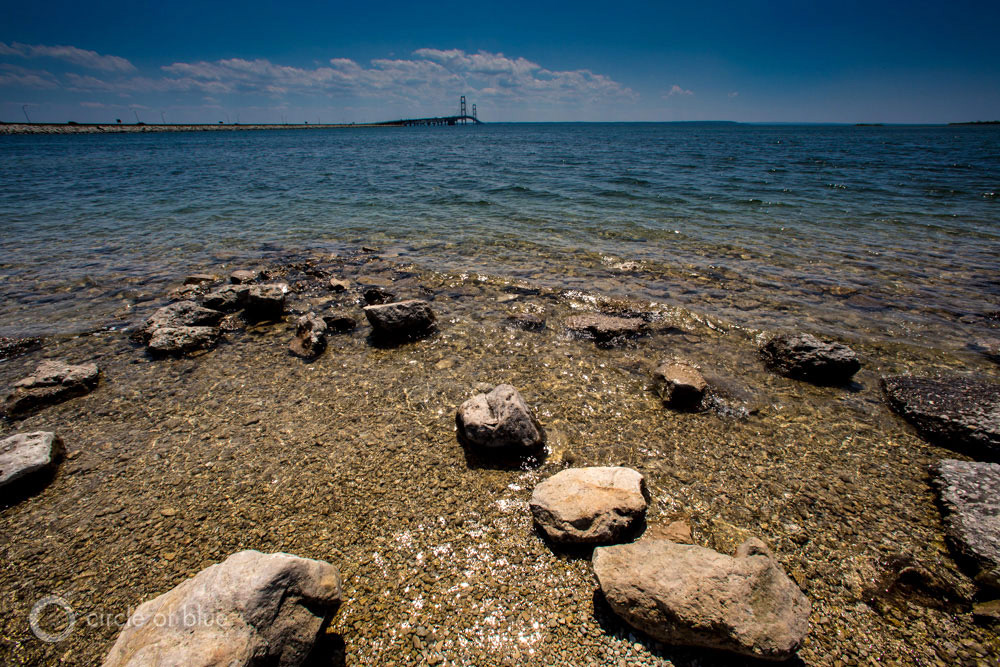-
Lisa Friedman on a More Diverse Environmental Movement and the Critical Year Ahead for Climate Talks
›
“If you care about climate change and international response to climate change, the first two weeks of December in Paris, France, will be your Super Bowl,” says Lisa Friedman, deputy editor of ClimateWire, in this week’s podcast.
-
Report: Damming of Lake Turkana Could Leave Thousands Without Water, Provoke Tribal Conflict
›The damming of a river that feeds the world’s largest desert lake could lead not only to less drinking water for thousands of Kenyans, but international conflict between tribes for what little water remains.
-
Can the Military Help Change the Way We Think About Energy?
›
How to stop climate change while expanding energy production is one of the biggest challenges in global development. Doing so requires all kinds of improvements in efficiency – from reducing the amount of electricity lost in transmission to better motors and lightbulbs. But, as demonstrated by recent efforts in the Pentagon, changes to how people work may be the lowest hanging fruit.
-
Broken Landscape: Confronting India’s Water-Energy Choke Point
›“We don’t know the reason for the death of fish in downstream villages,” Hamberton Nongtdu, a mine owner from the northeastern Indian state of Meghalaya, told me.
-
Clearing the Air: Is Natural Gas a Game Changer for Coal in China?
›
On the heels of a landmark U.S.-China climate agreement, 2015 will be a critical year for China’s environmental and energy policy. A revised and much stricter Environmental Protection Law went into force on January 1; new amendments to the Air Pollution Law are likely to be put in place; and the National Development and Reform Commission will draft a new five-year plan.
-
Low Oil Prices Could Shake up Africa’s Petro States
›
One in five African states produce hydrocarbons, and most of these are heavily dependent on oil and gas revenues to finance their governments and generate foreign exchange. Further, an emerging group of East African states are waiting on international oil companies to develop new oil and gas reserves. But Africa’s record using non-renewable oil and gas resources to trigger economic and social development is poor – and plummeting prices may portend more instability to come.
-
Clean Cookstoves Provide Health, Environmental, and Socioeconomic Benefits, So Why Aren’t They Being Adopted?
›
To stop and perhaps one day reverse climate change requires changes big and small. Despite the thousands of power plants burning coal and other fossil fuels today, nearly 3 billion people still depend on solid fuels, such as wood, dung, and crop residues, for their daily energy needs.
-
Fossil Fuel Boom Rewiring North America’s Energy Infrastructure
›Until two years ago, when the National Wildlife Federation pointed out their presence, the 61-year-old steel oil pipelines running beneath the fast-flowing Mackinac Straits between Lake Michigan and Lake Huron were like nearly every other piece of North America’s energy transport network: out of sight and out of mind.
Showing posts from category energy.









